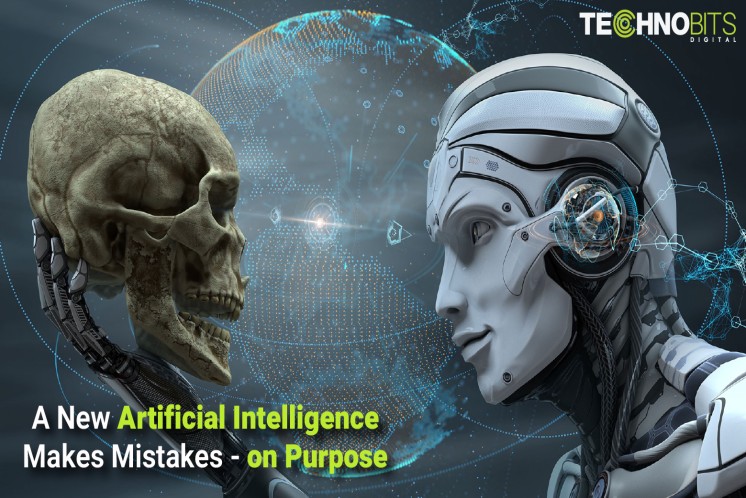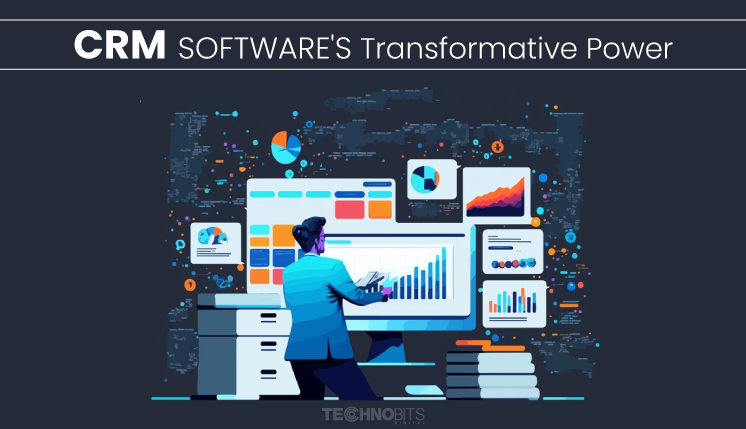Blog Detail
A New Artificial Intelligence Makes Mistakes—on Purpose
Artificial Intelligence Makes Mistakes
Feb 19 2021

A chess program that learns from human blunder might be used at working with people or negotiating with them.
It took about 50 years for computers to defeat humans in the venerable game of chess. A regular smartphone will now play the sort of moves that make a grandmaster’s head spin. but one artificial intelligence program developed is taking a handful of steps backward, to figure out average humans' play—blunders and all.
Maia – AI Chess Program: Predicts mistakes a human might make
The AI chess program, called Maia, uses the cutting-edge AI behind the best exceptional chess-playing programs. but rather than learning a way to destroy an opponent on the board, Maia focuses on forecasting human moves, along with the mistakes they create.
Jon Kleinberg, a faculty member at Cornell University who led the invention of Maia, says this is a first step toward developing AI that better understands human unreliability. The hope is that it may therefore be better at interacting with humans, by teaching or aiding them, as an example, or even negotiating with them.
Medical can benefit greatly
One possible use, Kleinberg says, is health care. A system that anticipates errors might be used to train doctors to browse medical pictures or facilitate them to catch errors. “One way to try this is to gather problems in which doctors form diagnoses based on medical images, and to find images on which the system forecasts a high level of distinction among them,” he says. BRITISH CHESS GRANDMASTER, AUTHOR OF GAME CHANGER
Kleinberg says he selected to focus on chess because it's one of the first domains where machine intelligence has triumphed over humans.
Developed from Alpha Zero
Maia was developed using code customized from Leela Zero, an open-source broke Alpha Zero, a revolutionary AI program created by the Alphabet subsidiary DeepMind.
Alpha Zero stony-broke from conventional AI chess programs by having computers learn, independent of any human instruction, how to play the sport with expertise. inside the program, a simulated neural network contains virtual neurons which will be tuned to reply to input. For chess, Alpha Zero is fed board positions and moves generated in observe games, and it tunes its neurons’ firing to favor winning moves, an associate approach referred to as reinforcement learning. Alpha Zero will use an identical approach to be told to play alternative board games like checkers or accompany minimal modification.
The Cornell team changed Leela Zero’s code to create a program that learned by making correct predictions of human moves. alternative AI chess players, as well as Deep Blue, the IBM machine that defeated then world champ, Garry Gary Kasparov, in 1997, might commit to looking ahead during a game by exploring doable moves. however, Maja is uncommon in how it focuses on finding the foremost possible move a person can play.
In the future, AI will supersede human intelligence in many domains
More refined styles of AI might eventually outstrip human intelligence altogether varieties of domains, from arithmetic to literature and on the far side. however, Kleinberg says “there'll be an extended transition amount where AI and humans are going to be operating along, and there’s aiming to be some communication between them.”
Other domains
Sadler says Maia could be useful for coaching and practice, and he says experts have talked about the idea of chess programs that imitator particular players for a while. With enough games to learn from, Maia might be trained to forecast only the moves of a particular player. “Just imagine you’re preparing for the globe championship game against Magnus Carlsen,” Sadler says, referring to the present world champion.
This might extend beyond chess. Imagine playing a video game against an AI player trained to replicate a prime esports star. on the far side of games, AI programs that perceive human behavior may facilitate companies pre-empt ways in negotiations, or produce computer code programs and robots which will anticipate what human co-workers are about to do.
“The questions they're asking—how well will the approach predict human performance—are fascinating,” says Julie Shah, a professor at Massachusetts Institute of Technology who studies human-machine interaction and collaboration. She notes that the technical facet of the work would wish to be valid, however, she suggests it'd be fascinating to look at whether or not the approach will manufacture a superior approach for humans and machines to collaborate on chess.
Managing human at the workplace
Matthias Sollner, a professor at the Germany’s University of Kassel who studies how AI will facilitate workplace staff, says it'll be crucial for such systems to behave a lot of humanlike ways; however, he says it may be even more vital for folks to know how such AI systems work.
TAGS
Australia +61 4 7038 7624 India +91 97265 89144
We truly care about our users and our product.






